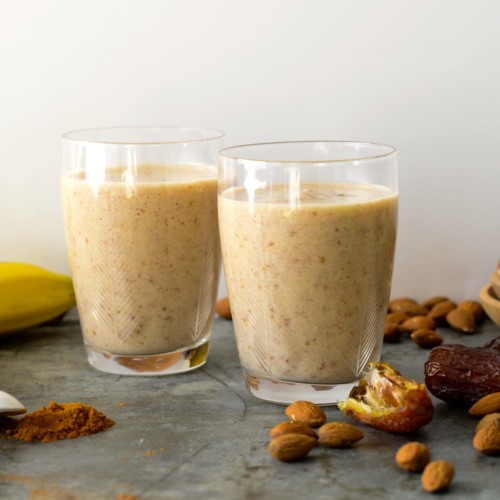The team reviewed 43 studies into the health and environmental impacts of plant-based foods, as well as consumer attitudes. One study found that almost 90 per cent of consumers who ate plant-based meat and dairy were in fact meat-eaters…reports Asian Lite News
Plant-based dietary alternatives to animal products are better for the environment and for human health, according to a study.
The study, published in the journal Future Foods, argued that because these foods are ‘specifically formulated to replicate the taste, texture, and overall eating experience of animal products’, they are a much more effective way of reducing demand for meat and dairy than simply encouraging people to cook vegetarian whole foods.

The study, conducted by psychologists at the University of Bath in the UK, concluded that plant-based meat and dairy alternatives ‘offer a healthier and more environmentally sustainable solution which takes into account consumer preferences and behaviour.’
“Increasingly we’re seeing how plant-based products are able to shift demand away from animal products by appealing to three essential elements consumers want: taste, price and convenience,” said Dr Chris Bryant from the university.
The team reviewed 43 studies into the health and environmental impacts of plant-based foods, as well as consumer attitudes. One study found that almost 90 per cent of consumers who ate plant-based meat and dairy were in fact meat-eaters.
The paper also found that these plant-based products caused lower levels of greenhouse gas emissions than the animal products they were replacing. One paper found that compared to beef burgers, plant-based burgers were associated with up to 98 per cent less greenhouse gas emissions.
The team suggested that plant-based products generally require much less agricultural land, need less water and causes less pollution than animal products.
Studies focusing on the healthiness of plant-based products also found that they tend to have better nutritional profiles compared to animal products, with one paper finding that 40 per cent of conventional meat products were classified as ‘less healthy’ compared to just 14 per cent of plant-based alternatives.

Others found that plant-based meat and dairy were good for weight loss and building muscle mass, and could be used to help people with specific health conditions.
Food producers may be able to add ingredients such as edible fungi, microalgae or spirulina to plant-based foods, boosting properties such as amino acids, vitamins B and E and antioxidants. Future innovations in processing and ingredients are likely to lead to further nutritional improvements.














